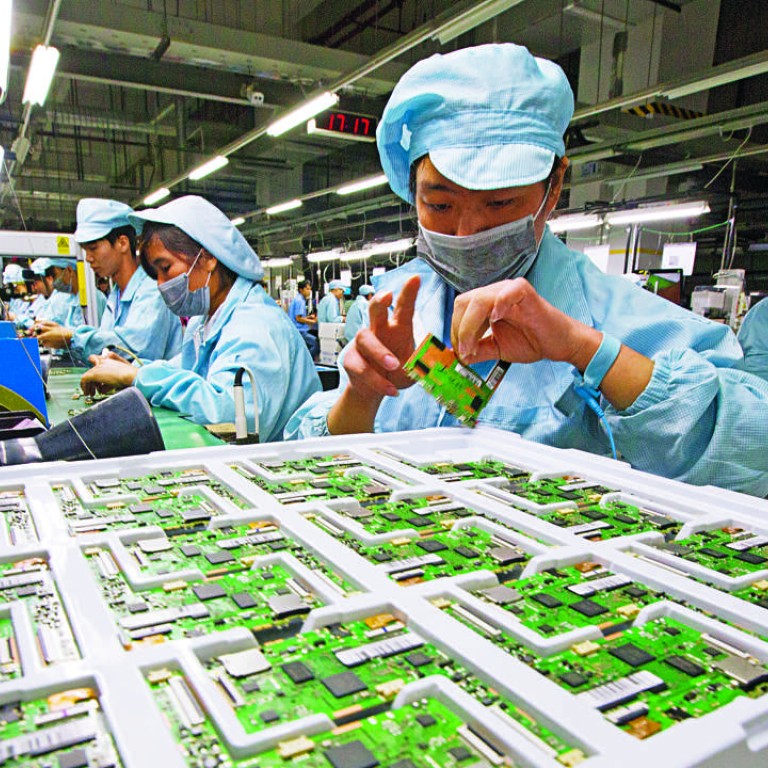
Private investment in China still slowing
Private investment on the mainland is losing momentum, driven by slowing manufacturing and declining business confidence, say analysts.
In May, growth in private investment stood at just 1 per cent year on year, down from 15 per cent early last year. Meanwhile, as a portion of overall investment in the country, private investment shrank to 62 per cent by the end of May, the lowest level since 2012 and down from 65 per cent a year before.
The decline in private investment on the mainland is not new and non-state investment peaked in 2011.
However, according to a research report by HSBC economists Qu Hongbin and Julia Wang, previous deceleration in private investment had broadly been consistent with a slowdown in overall investment to gross domestic product growth.
“Things changed in late 2015. While total investment stabilised and even improved over the last few months of 2015, driven by state-sector investment, private-sector investment remained lacklustre. The divergence increased in 2016, with total investment growing above 10 per cent while private investment slowed further to as low as 1 per cent in May,” Qu and Wang wrote.
Last week, the State Council issued a notice saying that from next week the National Development and Reform Commission and other related departments would start sending out investigatory work teams to those provinces, cities and counties that had large but slowing private investment, and in the near future would send teams to those where the growth in private-sector investment was lagging.
Qu and Wang estimated that just over a third of the deceleration in growth in private investment so far this year could be attributed to the country’s slowing manufacturing sector.
“Since external demand started to slow materially in 2015, manufacturing investment has been steadily declining. This has been the single biggest driver behind the decline in private investment over the past two years,” they wrote.
In June, the official manufacturing purchasing managers’ index on the mainland stood at 50, the exact level dividing expansion from contraction, while the Caixin manufacturing PMI, which is usually influenced by export-related weakness, fell to 48.6.
The decline in private investment is not just an issue in the manufacturing sector as Qu and Wang also attributed a further chunk of the slowdown to large service industries.
While the data is not broken down beyond that, they speculated that a general deterioration in business confidence this year had been a factor, as well as a lack of clarity surrounding the country’s new value-added-tax regulations.
“There has been some confusion over the tax rates that apply for each of the industries affected [retail, finance, real estate and consumer services], as well as to what qualifies for exemptions and deductions. It is possible that the lack of clarity may have discouraged companies, particularly those in the private sector, from making investment,” they wrote.
Other factors noted by the HSBC economists were capacitycutting in heavy industry and a reassessment of what counted as private-sector investment when it came to financing of large infrastructure projects by the government.
Other observers have suggested the decline has more to do with regulations than the mainland’s underlying economic conditions.
Last week, ,Li Jiange, former vice-chairman of the China Securities Regulatory Commission, said: “Investors are reluctant to put in their money and support the direct financing of private companies ... because they are not sure about the stability of the rules.”
Other possible issues were noted by Sheng Laiyun, a spokesman with the National Bureau of Statistics, who cited overcapacity and a difficulty in obtaining financing as the reasons for the reluctance among private companies to invest, according to the Wall Street Journal.
The mainland is due to publish its economic indicators for the second quarter this week.
A report from Bank of America Merrill Lynch predicted GDP growth would be slightly lower in the three months to June than the previous quarter.

